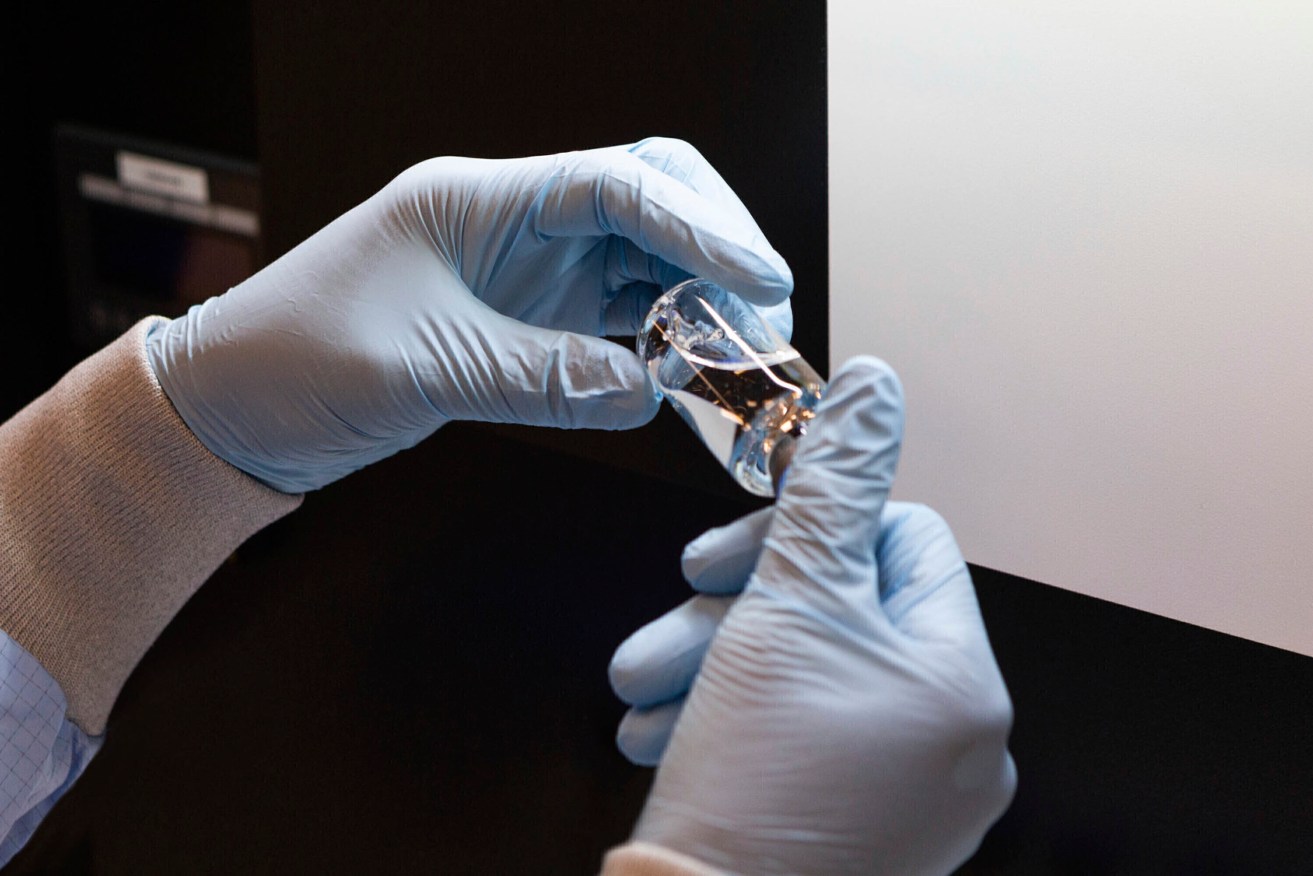First human tests on US vaccine produces ‘significant’ antibodies
Moderna Inc’s experimental COVID-19 vaccine, the first to be tested in the US, has produced protective antibodies in a small group of healthy volunteers, according to very early data released by the biotech company.

Wastewater testing can identify virus infections weeks before symptoms present themselves.
The data comes from eight people who took part in a 45-subject safety trial that kicked off in March, the company said on Monday.
The Moderna vaccine is one of more than 100 under development intended to protect against the coronavirus that has infected more than 4.7 million people globally and killed over 317,000.
Overall, the study showed the vaccine was safe and all study participants produced antibodies against the virus.
An analysis of the response in the eight individuals showed those who received a 100 microgram dose and people who received a 25-microgram dose had levels of protective antibodies to fend of the virus that exceeded those found in the blood of people who recovered from COVID-19.
The news lifted shares of Moderna by 20 per cent. The stock later fell 1.6 per cent in extended trading after the company said it plans to sell $US1.25 billion in common stock to raise money for vaccine development and manufacturing.
“These are significant findings but it is a Phase 1 clinical trial that only included eight people. It was designed for safety, not for efficacy,” said Dr Amesh Adalja, an infectious disease expert at the Johns Hopkins Center for Health Security who was not involved in the study.
Adalja said many glitches can occur between now and the time this vaccine is tested for efficacy in thousands of people. “What we do see is encouraging,” he said.
Scientists are trying to understand what level of antibodies will ultimately prove protective against the coronavirus, and how long protection will last.
The vaccine has the green light to start the second stage of human testing. Last week, US regulators gave the vaccine “fast-track” status to speed up the regulatory review.
In the Phase II, or midstage, trial designed to further test effectiveness and find the optimal dose, Moderna said it will drop plans to test a 250 mcg dose and test a 50 mcg dose instead.
Reducing the dose required to produce immunity could help spare the amount of vaccine required in each shot, meaning the company could ultimately produce more of the vaccine.
“In the context of a pandemic, we expect demand to far outstrip supply and the lower the dose the more people we expect to be able to protect,” said Chief Medical Officer Tal Zaks.
The US Government in April placed a big bet on Moderna, backing its vaccine with $US483 million of funding.
The company said that grant will enable it to supply millions of doses per month in 2020 and, with further investments, tens of millions a month in 2021 if the vaccine proves successful.
“The US is poised to be the first beneficiary of this vaccine,” Zaks said, adding that the company believes it has an “ethical obligation to make this vaccine available to whoever needs it globally.”
Experts predict a safe and effective COVID-19 vaccine could take 12 to 18 months from the start of development, which in Moderna’s case was in January.
-AAP












